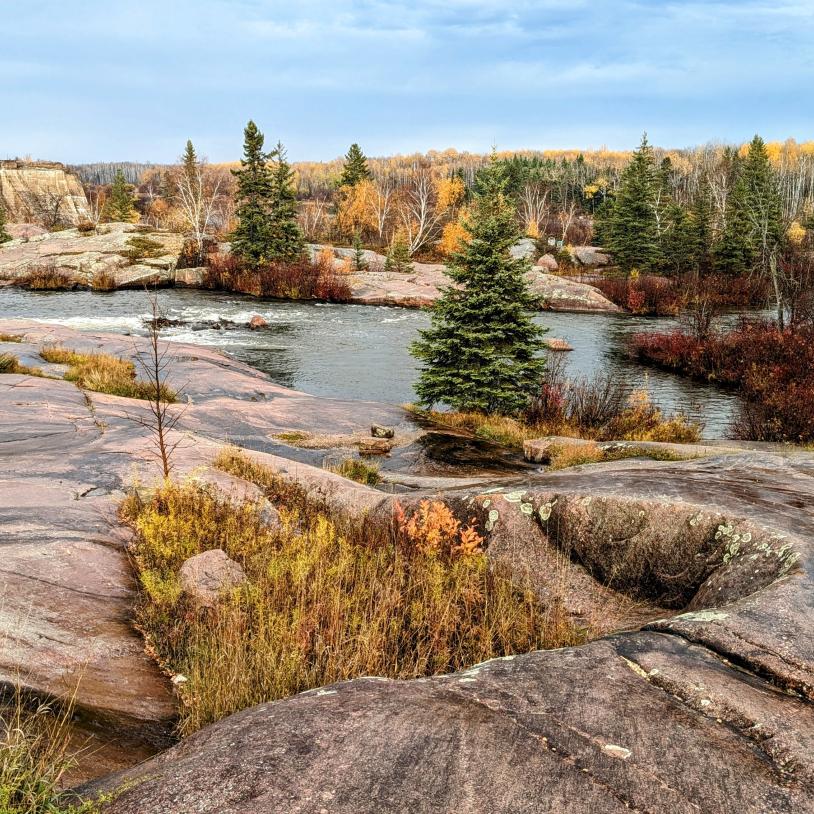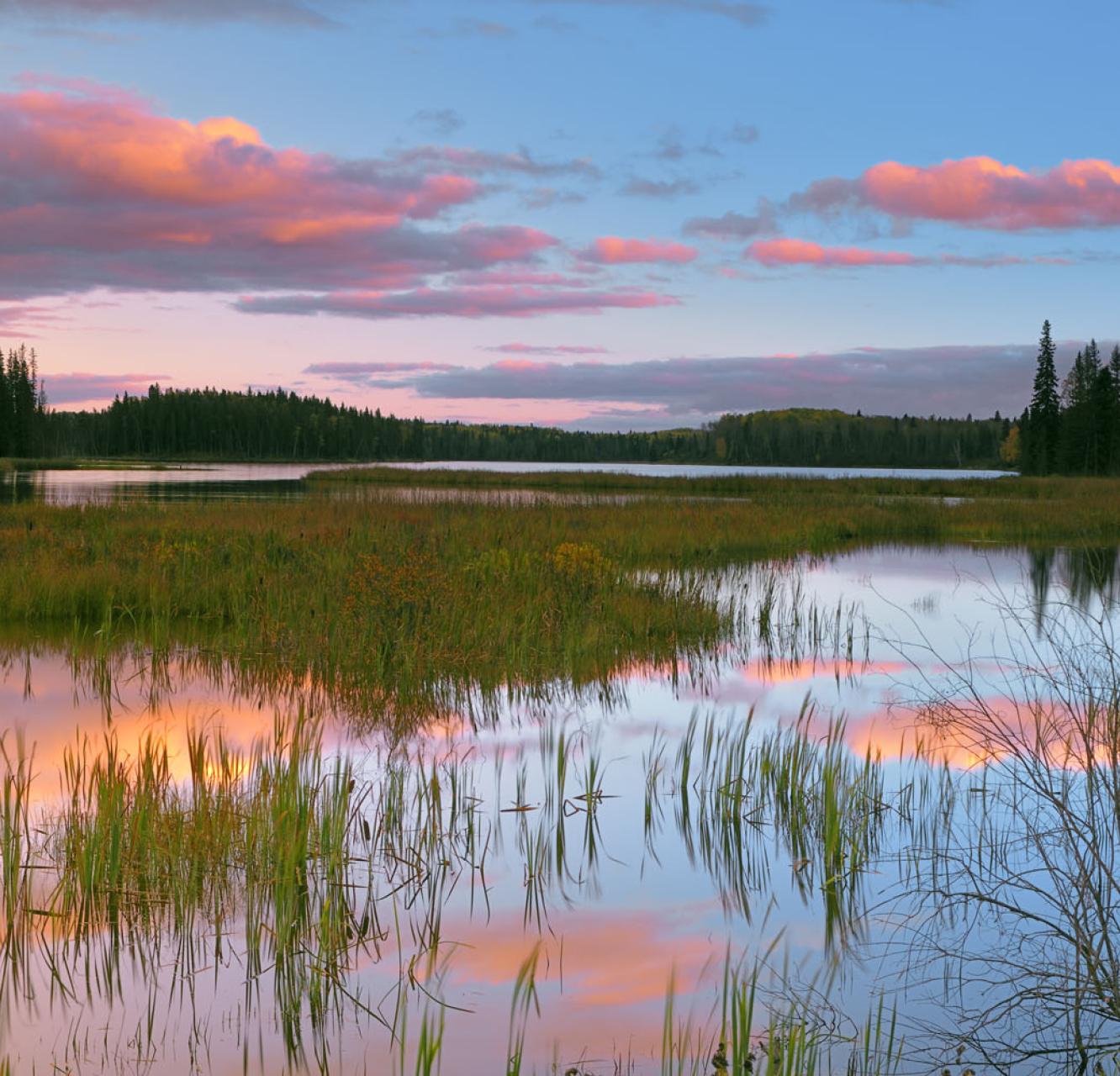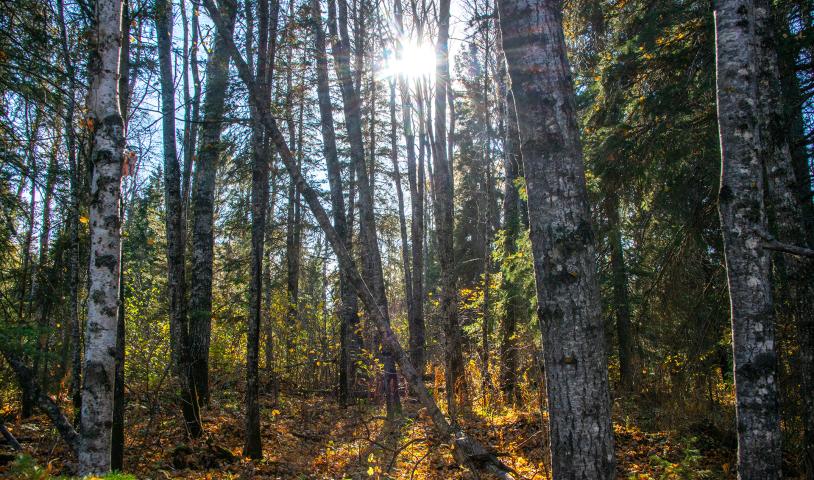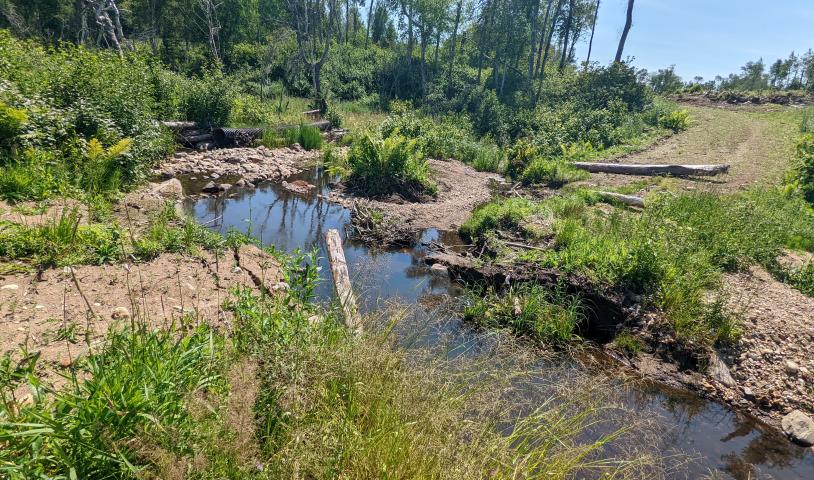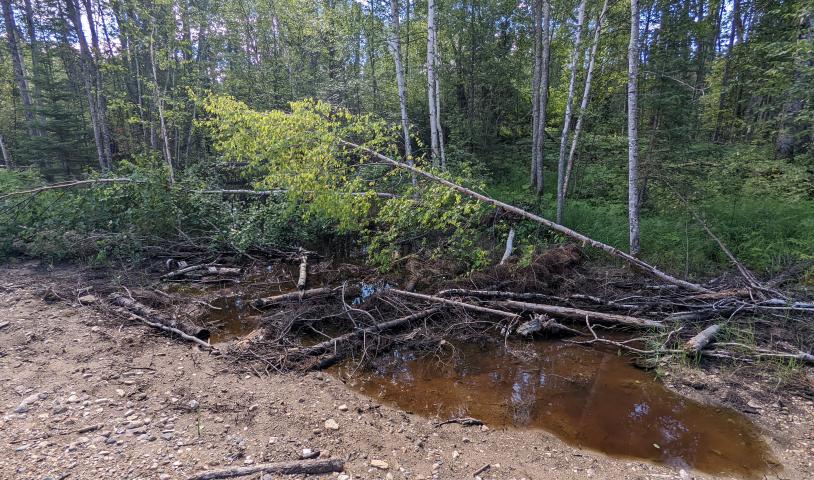Is Manitoba's park logging ban a sham?
Wednesday, March 13, 2013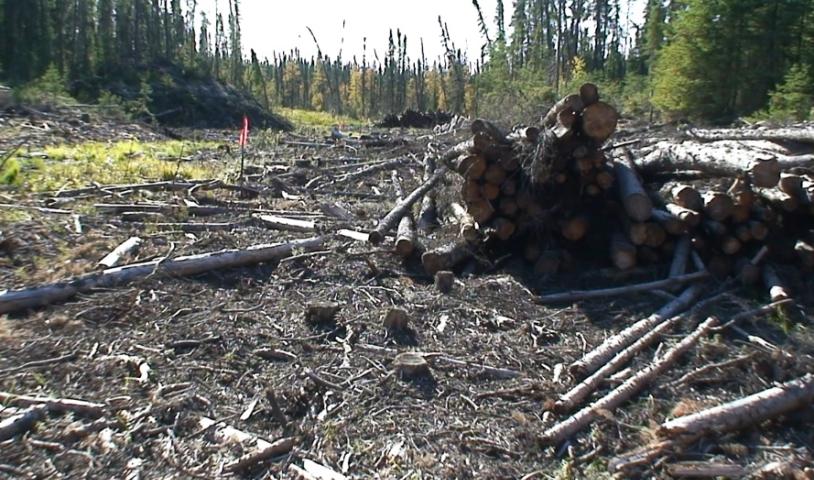
It is with great disappointment that I report that the legal appeal of our logging road decision has ended. Because of Tolko Industries’ construction of a logging road across Grass River Provincial Park, we took legal action and asked a judge to explain if a logging road is considered logging, and if a logging road would be banned from provincial parks under Manitoba’s new park logging legislation.
In two written decisions, one from the original judge and a second from a panel of appeal judges, we have clarification. According to the rulings, a logging road can definitely be considered logging. Unfortunately, though, our legislation does not ban logging in parks. Instead it bans commercial timber cutting rights, which means cutting down trees to sell. In reality, a logging road can be just as damaging as a clear cut. This means that our celebrated and hard-won park logging ban is not nearly as great as we had been led to believe, and the legislation has serious flaws.
One of the more frustrating aspects of court cases and legal action is that you have to sit quietly by until a judge renders a decision. In this case we had to sit quietly by through an appeal process too. Tolko’s Dickstone logging road is a terrible project that should never have been considered, and can not be justified, but we had to reserve our outrage. I’ll list just some of the major problems with this project.
Tolko has a forestry management licence to control the largest public forest ever given away in Canada, and there are virtually no protected areas inside their licence area. There have been areas off-limits to logging in Grass River Park, which have been in place since the early 1980s to preserve local populations of woodland caribou. Yet this road is going to bulldoze right through this area that has been set aside for caribou.
Tolko has also signed the much vaunted Canadian Boreal Forest Agreement, which is said to protect millions of hectares of forests for caribou, and was advertised as the end of the war in the woods. Except it doesn’t, and hasn’t, and Tolko is consciously bulldozing through caribou habitat in our provincial park. This agreement is a green-wash for Tolko’s environmental destruction.
Manitobans paid Tolko more than a million dollars to stop logging this park. How is that going for the most endangered range of caribou in Manitoba? In 2012, the provincial and federal governments said the Naosap range of caribou, which uses this section of Grass River Park, is in serious jeopardy with half of their habitat disturbed and recent forest fires pushing them out of their previously safe forest havens. And yet the road is being built anyway.
I can go on and on about the problems with this logging road. The government just paid to upgrade the highway around the park, which Tolko said they didn’t want to use and instead needed to bulldoze through the park. The forest that Tolko is hauling logs out of on this road is one of the last intact blocks of forest in the northwest. Not surprisingly, it is also the location of a newly identified range of woodland caribou, which means Tolko shouldn’t be logging there either. Additionally, all of the Manitoba Conservation staff up north said this was a bad idea, as shown by their statements in the Technical Advisory Committee comments published with the licence.
Enough, already – I’m beating a dead horse, as the horrible cliché goes.
Except the horse doesn’t have to die.
We have one more opportunity to get the right decision on this road. We have written a letter to Premier Greg Selinger, asking for an explanation of this issue. In the time we have been investigating this road, we have had four Conservation Ministers and two Premiers. Five other decision-makers had this in their hands. Premier Selinger has the final say on this road now, and his response to our letter will spell out the Manitoba government’s position on logging in parks. He has the power to stop this project, and while some damage has already been done, stopping it now will still be better than constructing an all-weather road which will disturb woodland caribou habitat for generations.
For all Manitobans, we need to close this loophole that’s big enough to drive a logging truck through.
You can write your own letter to the Premier – his email is premier@leg.gov.mb.ca . And if you’d like, you can copy us on your correspondence too, at contactmb@wildernesscommittee.org.
Before we go, I’d like to introduce our new Assistant Campaigner in Manitoba – Alex Paterson.
Kalyn Murdock has moved on to take a position with Fort Whyte Alive. We wish Kalyn all the best in her new role and thank her for her dedication to wilderness preservation.
Alex has lived around Anishinaabeg Aki for all his life: Toronto, Orangeville, Sudbury, and now Winnipeg. He is a former member of many grassroots social justice groups, and began work with the Wilderness Committee as a canvasser at the Manitoba field office in spring 2012.
Growing up, Alex’s favourite memories were of multi-generational family canoe trips and camping in provincial parks throughout Canada. He has a BA in political science from Laurentian University and continues to study Indigenous governance and resource management at the graduate level.
To learn more about Alex, check out our staff page. He’s looking forward to working with you towards wilderness protection in Manitoba, and we’re very glad to have him on the team!
For the wild,
Eric Reder | Manitoba Campaign Director
